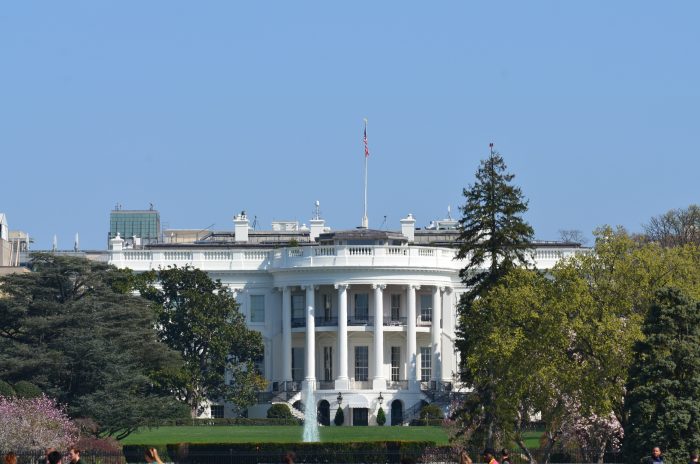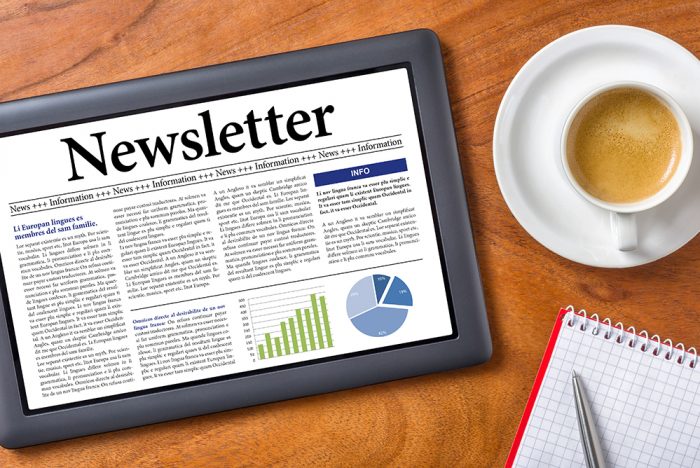In the last month, more than 2,500 residents have contacted the administration and their local state senators and representatives urging them to address the workforce crisis affecting Pennsylvania’s human services sectors.
The outreach has been extraordinary! But we can’t stop now.
The House and Senate will be wrapping up their annual budget hearings over the next few days and turning their attention to crafting the commonwealth’s final spending plan before the end of the fiscal year on June 30.
If you haven’t done so already, please reach out and urge lawmakers to increase funding to support human services professionals so individuals and families in need get the support and care they deserve. Ask your networks to do the same.
Pennsylvania is sitting on billions of federal dollars and state “rainy day” funds that could increase wages to help us attract and retain human service professionals. Yet, even as this workforce crisis worsens, the money remains unspent as the needs of our most vulnerable residents go unmet.
The outpouring of support so far is evidence of how this crisis is affecting individuals and families, as well as the providers and professionals who want to serve them.
But we need to do more…and we need to sustain the effort.
Please VISIT HERE to learn how you can help. Follow us on Facebook and Twitter to stay informed of our progress. Most importantly, TAKE ACTION TODAY. Tell lawmakers to increase funding to address the workforce crisis facing Pennsylvania’s health and human services.
Thank you for your continued support.

















